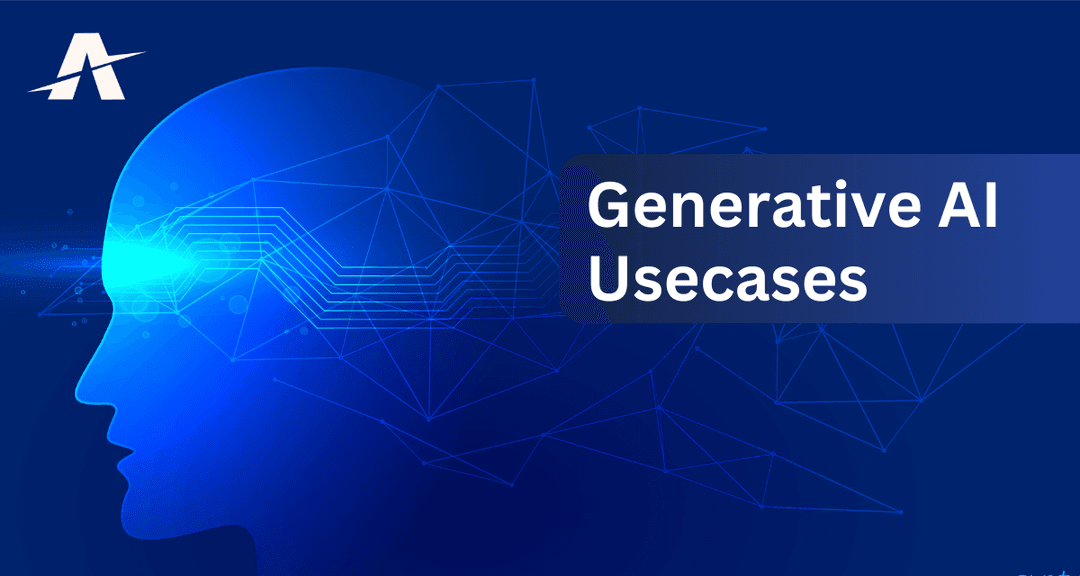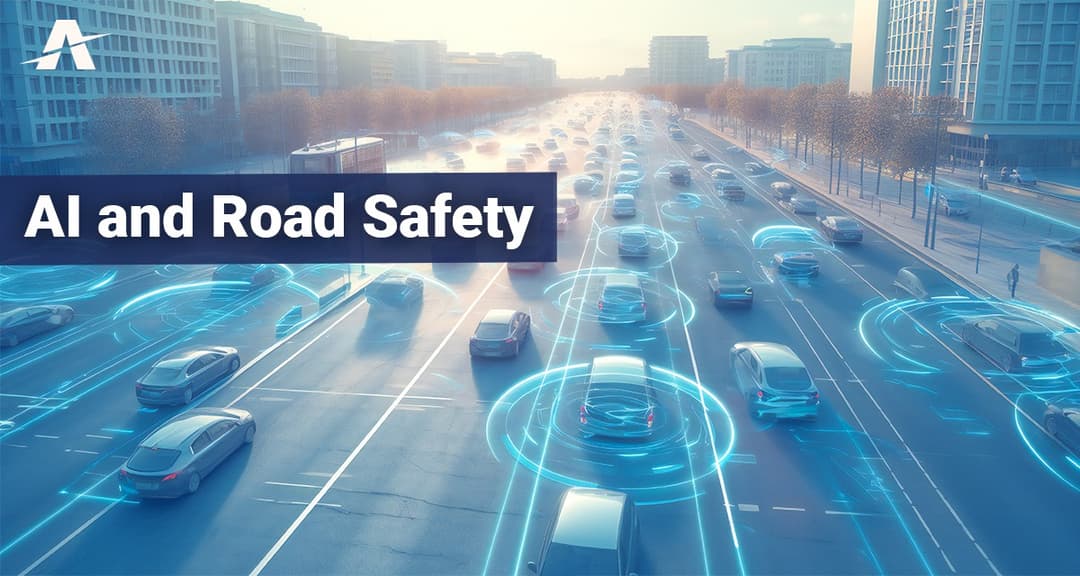Artificial Intelligence (AI) is evolving at lightning speed, and one of its most powerful applications is the rise of AI agents. Unlike traditional software that follows fixed rules, AI agents can think, plan, and act to achieve goals with minimal human intervention. Businesses, developers, and entrepreneurs are increasingly looking to create AI agents that act as virtual assistants, automating repetitive tasks, improving workflows, and enhancing productivity.
What Are AI Agents?
An AI agent is a system that can perceive its environment, make decisions, and take actions to achieve a specific goal. Unlike generative AI models that only produce content when prompted, AI agents can autonomously execute tasks from scheduling meetings to analyzing data, booking travel, or handling customer queries.
They are powered by machine learning, natural language processing (NLP), and automation frameworks, making them far more versatile than traditional chatbots or static assistants.
How Do AI Agents Work?
- Perception – The agent collects input from its environment (e.g., text, voice, data feeds).
- Reasoning & Planning – It interprets the data, determines the user’s intent, and plans a course of action.
- Decision-Making – The agent chooses the best action to achieve the goal.
- Execution – It integrates with systems, tools, or APIs to complete the task.
- Learning & Improvement – Through feedback, the AI agent gets smarter over time.
For example, a sales AI agent can monitor emails, respond to leads, update the CRM, and even schedule follow-ups without constant human guidance.
Benefits of Creating AI Agents
- Task Automation: Save time by automating repetitive activities like data entry, report generation, or scheduling.
- 24/7 Availability: AI agents never sleep, ensuring uninterrupted support and operations.
- Increased Productivity: Free up employees to focus on higher-value tasks.
- Scalability: Handle thousands of tasks or conversations simultaneously.
- Cost Savings: Reduce operational expenses by minimizing manual labor.
- Personalization: Deliver tailored recommendations and experiences to users.
Use Cases of AI Agents
- Customer Service: Virtual assistants handling FAQs, troubleshooting, and escalations.
- Sales & Marketing: Lead nurturing, CRM updates, personalized recommendations.
- E-commerce: Order tracking, product suggestions, cart reminders.
- Healthcare: Appointment scheduling, patient monitoring, and reminders.
- Finance: Automating invoice processing, fraud detection, and portfolio tracking.
- Personal Productivity: AI assistants managing calendars, emails, and daily reminders.
Steps to Create AI Agents
- 1. Define the Purpose – Decide what your AI agent should accomplish.
- 2. Select the Right AI Framework – Choose from platforms like LangChain, AutoGPT, BabyAGI, or Rasa.
- 3. Integrate NLP and ML Models – Use NLP models like GPT or BERT and ML algorithms for decision-making.
- 4. Enable Multi-Tool Integration – Connect with CRMs, databases, payment systems, or apps.
- 5. Design Conversational Flows – Create natural and engaging dialogues.
- 6. Implement Decision-Making Logic – Equip reasoning capabilities for adaptive responses.
- 7. Ensure Human Handoff – Allow escalation to humans for complex cases.
- 8. Test and Optimize – Collect feedback, refine, and scale gradually.
Best Practices for Building Effective AI Agents
- Start Small, Scale Gradually: Begin with a limited scope and expand.
- Prioritize Security: Use encryption and authentication for sensitive tasks.
- Keep It Human-Centric: Ensure responses are natural and empathetic.
- Enable Continuous Learning: Train with new data for better accuracy.
- Track KPIs: Measure performance with response time, task completion, and satisfaction.
The Future of AI Agents
AI agents represent the next leap in automation. With advancements in Agentic AI, future agents will not just respond but also proactively act, anticipate needs, and make strategic decisions. For example, an AI agent may not just schedule your meeting but also reschedule it automatically if there’s a conflict and notify all participants.
This shift will redefine how businesses operate—turning AI from a supportive tool into an autonomous partner.
Creating AI agents is about more than just coding—it’s about designing intelligent virtual assistants that automate tasks, think independently, and deliver value. By combining NLP, ML, and automation frameworks, businesses can build AI agents that improve efficiency, enhance customer experiences, and drive innovation.
FAQs About Creating AI Agents
1. What is the difference between a chatbot and an AI agent?
Chatbots primarily respond to customer queries, while AI agents can autonomously plan and execute tasks beyond conversations.
2. Do I need coding skills to create an AI agent?
Basic coding knowledge helps, but many no-code and low-code platforms now allow non-developers to build AI agents.
3. Can AI agents work with multiple applications?
Yes. AI agents can integrate with CRMs, databases, payment gateways, and more through APIs.
4. Are AI agents secure for handling sensitive data?
Yes, provided strong encryption, authentication, and compliance measures are in place.
5. Will AI agents replace human jobs?
AI agents will automate repetitive tasks, but humans will remain essential for creativity, strategy, and oversight.













